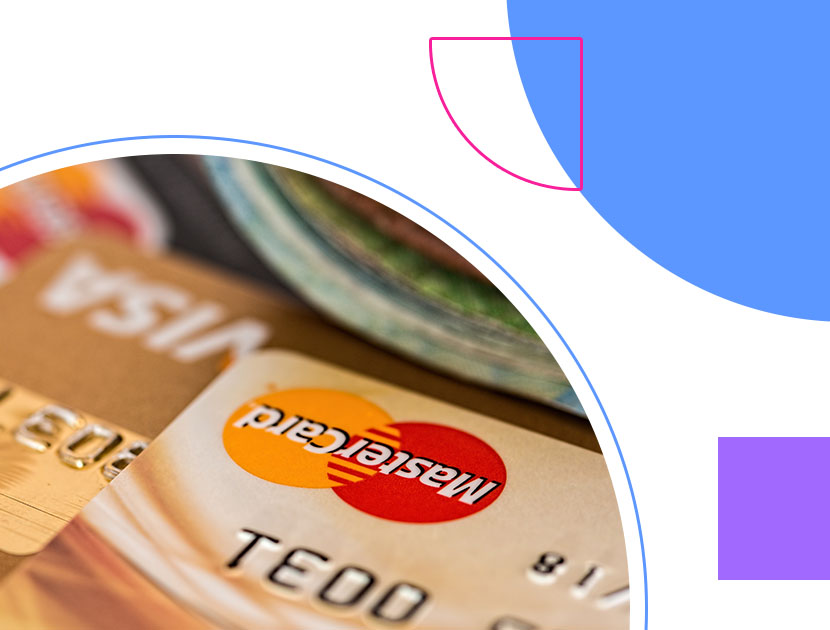Agriculture is a massive employer in Australia. The industry generates over $61 billion in revenue every year — a contribution of around 2% to the Australian economy.
From farming to the production of agricultural products, the nature of agriculture can mean gaps in income as the seasons change and environmental factors impact your business. Here is how to get a loan for your agricultural-based business.
How to get a loan: Challenges of applying as an agricultural-based business
Despite agriculture being an essential industry to Australia, starting and growing an ag-based business isn’t easy, especially for smaller producers. Finances are affected by seasons, environmental factors, local demand and international buyers.
Additionally, no matter the size of your company, a lot of ag-based businesses need to invest in equipment, machinery and materials to become viable. A lack of initial finances or capital can make it hard for budding entrepreneurs to get their ag-based businesses off the ground. If these problems sound familiar, seeking finance from a bank or non-traditional lender is a great way to grow your business.
Reasons a bank might approve an agricultural-based business loan
There are lots of reasons a bank might approve a business loan for your ag-based business. Common reasons for seeking finances include:
- Recruiting and upskilling workers
- Expanding or building new premises
- Buying new equipment to expand your services
- Investing in materials and inventory
- Investing in marketing to sell your products
Whatever your reason for seeking finance, your business plan needs to explain the purpose of the loan and how you plan on repaying it.
Types of business loans for agricultural-based businesses
Banks and non-traditional lenders offer a wide range of loans that would be suitable for ag-based businesses. Before you apply for a loan you should know what type of finance you want to apply for.
Business overdraft or line of credit
Overdrafts are helpful to use as a safety net or for enhancing cash flow during slower seasons of your business. Most banks will loan a minimum of $1,000 for an overdraft. You can draw down only the funds you need and pay interest on only what you borrow. A line of credit can help cover gaps in cash flow throughout the year. You may need to pay additional monthly line fees whenever your line of credit is active.
Invoice financing
Waiting for invoices to be paid can put you in a tight spot. If you’ve invoiced a customer and can’t wait to be paid, you can use your outstanding invoices as collateral for invoice financing. You will pay interest on the amount you borrow for your outstanding invoices.
Bank term loan
This is a traditional bank loan with a set term limit. If you know how much you need to borrow and for how long this can be a good idea. The downside of bank term loans is they can be hard to gain approval for, especially for those new to the ag sector. Most bank loans require collateral as security.
Equipment finance
New machinery is often very expensive, and without finance, most SMEs would have no hope of upgrading or buying new equipment. Equipment finance can help you upskill and expand your business. Financing your equipment often lets you put your cash towards other parts of your business.
What banks look for when you apply for an agri-business loan
Getting your paperwork in order is essential for securing finance for your business.
What you’ll need to submit an application for a bank business loan:
- Identification e.g., driver’s licence, or passport
- Business registration details such as your ABN
- Financial history including bank statements, profit and loss statements, sales records etc.
- Business plan communicating your business model with supporting data
- Recent tax returns
- Purpose of your loan and how you intend to pay it back
How to get a loan approved:
What banks look for when assessing your application
- Character of the borrower: How to get a loan depends on the character of the borrower. Lenders will look at your financial history, tax returns, and credit history (both personal and business) to determine what type of person you are. Demonstrating that you are reliable, consistent, and stable with your finances, job history and personal spending will go a long way towards getting approval for your business loan.
- Capacity to repay the loan: Looking good on paper is one thing. Banks also want to know that you’re earning enough revenue to repay your loan in the future. Banks are looking for a history of positive cash flow and projections for the future of your business. They’ll also take into account whether you have existing debts, dependents or a high cost of living as these factors could impede your ability to make the repayments.
- Collateral: Starting a business is risky, and banks want to ensure they can recoup their costs should the business fail. To get approved for a bank loan you often need to:
- Secure the loan against your equipment or your place of business. While this is less risky for business owners, if your business is new, you might not have anything to offer to the bank as collateral.
- Secure your loan against your home. If the business fails and you can’t pay back the loan, the bank is allowed to seize and sell your home and keep part or all of the profit — whichever is large enough to recoup their cost.
- Capital: Traditional banks will take account of your business’s assets and liabilities. They’ll look at what you own — equipment, machinery, inventory or your infrastructure; and what you owe — current business and personal loans — to determine whether you have the assets to sell off your debt if you are unable to pay back the loan.
- Loan conditions: Business loans vary depending on how much the borrower needs and what they are able to borrow. Your bank loan will depend on a range of factors including how much they think is safe to lend, the interest rate (the riskier the loan the higher the rate), and your repayment schedule. Your bank might also set other conditions or requirements that they need you to meet before approving the loan.
Traditional banks require a lot of paperwork, planning and proof that your business is well established before they’ll even consider lending to you. Unfortunately, many smaller ag-based businesses fail to meet the strict criteria of a traditional bank due to a lack of capital or collateral.
The good news is there are many non-traditional lenders that offer unsecured business loans designed to help SMEs grow their businesses. At ThinkCap, we have access to over 75 lenders and a straightforward application process that makes securing finance simple. Find out more here.


